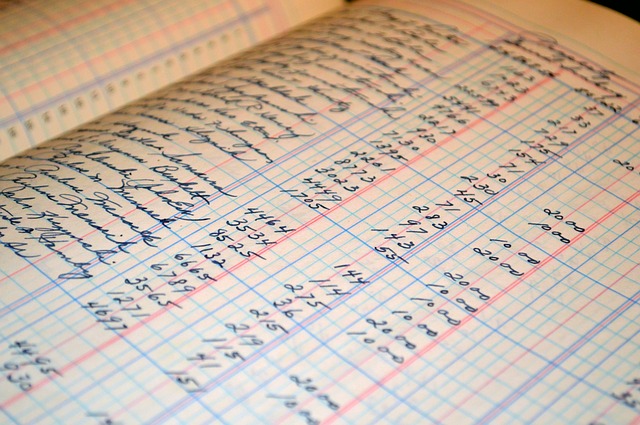Family life can get hectic. With demands on your time coming from all directions at once, running a bookkeeping system to help keep the finances under control is often the last thing on your mind.
But what if some simple bookkeeping could actually make life a bit less stressful? What if, instead of being one more thing to do, it could reveal ways to use money more efficiently and help you make smarter decisions about where and how you use your money?
It actually can, and here’s how:
Keep it Very Simple
You don’t need anything complicated to organise family finances. A simple notebook will do the job, or an Excel spreadsheet if you like computer work.
Have four columns:
- One for the date.
- One for what you bought.
- One for how much it was.
- A final column for a running total of your bank balance.
Start a new page for each month, putting your current bank balance at the top of the fourth column. Add on your income and subtract all your monthly direct debits so the total stays as accurate as possible.
In the other columns, fill in the details of items bought along with the cost. Subtract each purchase amount from the bank balance total.
At any given moment you will have an instant glimpse of how much money is available to spend, and which bills are on the horizon.
Most of the time this very simple method will be enough. If, however, you have alternative income from investments or business interests on top of income from regular employment you may benefit from professional advice. A bookkeeper can show you how to track everything, and an accountant would help you to maximise your assets and minimise your tax bill.

Hang onto Receipts (for a while)
When you don’t have time to write in a notebook during shopping trips, receipts are your purchase history. You can go through them when you do have time, transferring all the details into your notebook (or your excel spreadsheet).
You can throw the paper away when you’ve transferred all the details.
Only keep receipts if they’re your proof of purchase and form the basis for your warranty or guarantee – or you’re in business and need the receipt for your business accounts. But even then you can usually photograph or scan the paper form then store the digital file instead.

Make Bookkeeping Work for You
As well as always knowing where you stand with money, up-to-date books can help you save, cut bills down to size, and plan for higher- cost events like holidays or big celebrations. They can also help you figure out what percentage of your income goes on food, or rent/mortgage, commuting or childcare — or any other category you want to delve into.
Just glance over your columns and pick out all the purchases that fall into your chosen category. You can quickly find out how much you spend each month on eating out, or how much extra (on top of pocket money or allowances) the children are persuading you to spend.
You can even teach this simple bookkeeping method to older children so they can track where they spend their allowances. When they know how to do this they have a head start in managing money as they grow older.
Amidst the chaos of modern family life, it’s nice to know you’re in total control of at least one thing. Making that thing your family finances takes away a lot of stress, and makes way for a bit more harmony in everyday life.
This is a collaborative post


Will definitely be using these tips! I’m dreadful at keeping track
These are great tips, and I could not agree more keeping things simple is deffo best x
I use an excel spreadsheet and absolutely love it, it saves me a lot of hassle. I am loving your tips
I especially like the fact you say older children can learn how to book keep – it is so important, as parents, we teach the how to keep track of what they are spending.
This was a really helpful read. I’m shockingly bad at keeping track of our finances. So bad in that in that a don’t keep track…
I have always used an excel spreadsheet for my budgeting. I love it… it doesn’t take me long to set up either. Thanks for sharing these tips.